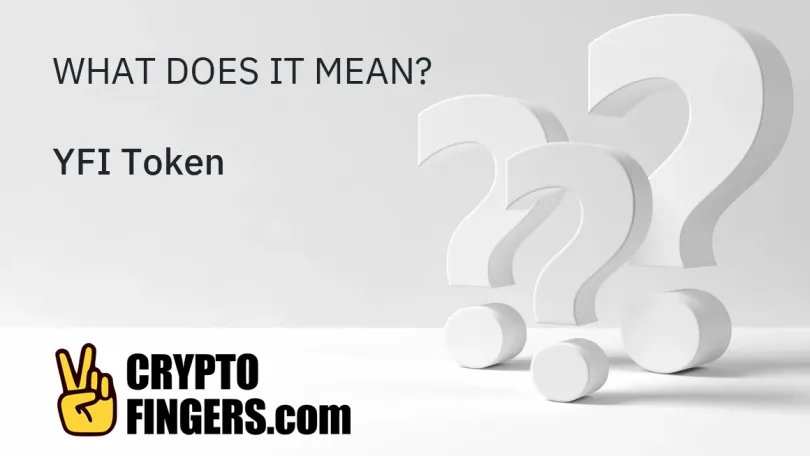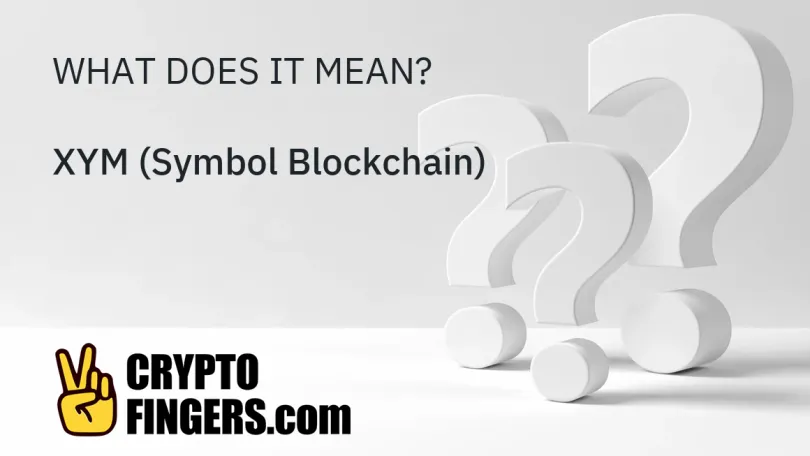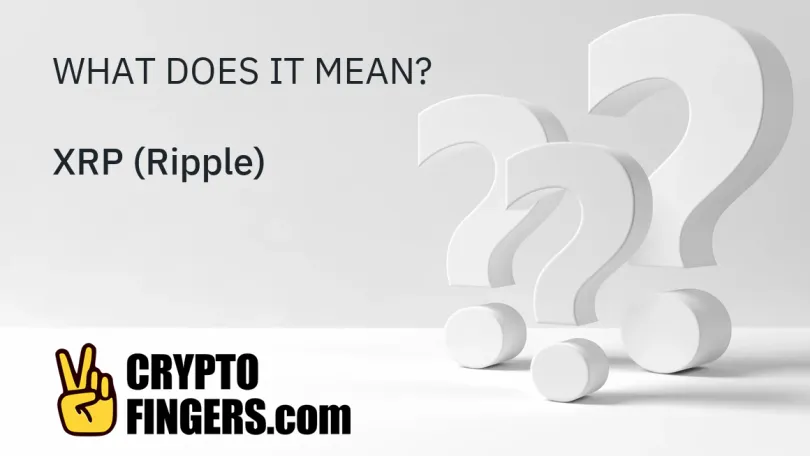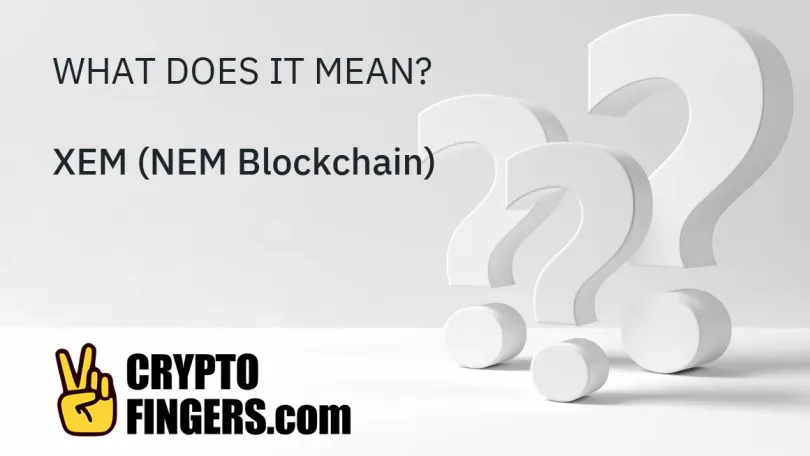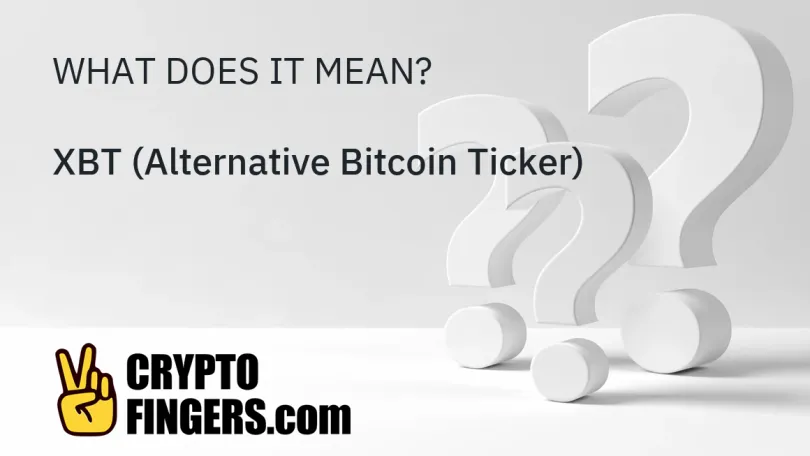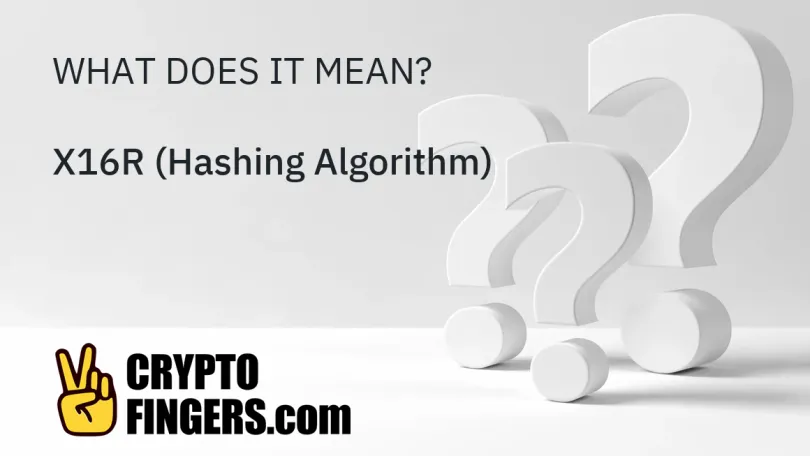⁝⁝⁝
Publications
YFI is the governance token of the Yearn.Finance protocol. YFI holders can submit, discuss, and vote on proposals to change the protocol via the Yearn Improvement Proposal (YIP) process..
While a yellow paper can have a more general meaning in traditional fields, in the blockchain space a yellow paper is typically a highly technical paper that outlines the technical..
Yearn.Finance is a decentralized community focused on creating a suite of automated, decentralized finance (DeFi) products on Ethereum. Referring to themselves as a 'collective..
A Yearn Improvement Proposal (YIP) is a mechanism used by the Yearn.Finance ecosystem to propose new features and processes to help determine the direction of the Yearn.Finance project and..
Year to Date (YTD) refers to a specific time period which spans from the first day of the current calendar year, or fiscal year, up to the current date. YTD data is critical for analyzing..
XYM is the native cryptocurrency of the Symbol blockchain which launched during March of 2021. XYM will be used to pay for transactions on the network. In order to obtain XYM, qualifying XEM..
XRP is the native coin of the Ripple Ledger Network. It is designed to be a medium of exchange and value transfer, and is intended to be used as a low cost bridge between fiat currencies..
XEM is the native token of the NEM blockchain and is used for payments on the network. Additionally, users must hold XEM to participate in NEM's consensus process..
XBT is an alternative ticker symbol for bitcoin (BTC) used by some exchanges. Its format is derived from a currency code standard created by the International Organization..
X16R is the hashing algorithm designed, created, and employed by the Ravencoin blockchain network. X16R was designed to reduce the centralization of application-specific integrated circuit..
⁝⁝⁝
Trending news
- Artificial Intelligence (AI)
- Altcoins
- Bitcoin
- DeFi
- Ethereum
- Economy
- Market and Events
- Metaverse
- Mining
- NFT
- Regulation
- Web3
- show less
⁝⁝⁝ Test your knowledge














